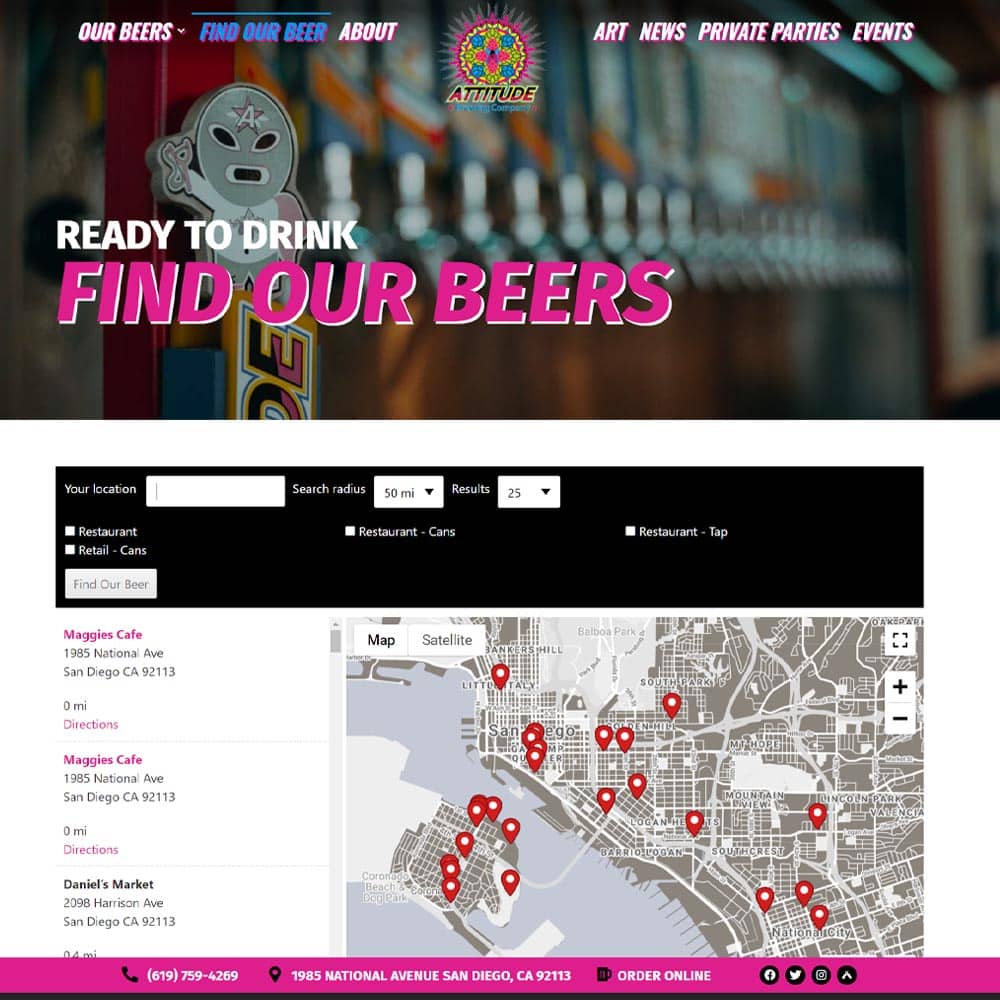High-achievers love the month of January. It’s a chance to set new goals, strike out on new paths, and recommit to the priorities in their lives.
In the midst of all this personal improvement, it’s easy to forget that New Year’s is also a great time for small businesses to develop bold new visions for profit and growth. Whether you want to land more clients, operate more efficiently, or launch new products and services, taking the time clarify your path is essential. This year, instead of letting the opportunity pass by, consider taking a cue from the goal-oriented individuals around you and develop a set of New Year’s resolutions to take your small business to the next level.
Not sure where to start? Consider these small business tips:
Consider Your Key Results Areas

Your KRA’s are the things that area essential to your success. If they don’t happen, your business dies. So obviously, you need to think about sales, but you also need to think about expenses. You need to consider marketing, but you also need to keep an eye on product development. And of course, unless you’re a solopreneur, you need to assemble a rock-solid team and encourage a culture that makes talent want to stay.
If it doesn’t affect your KRA’s, it’s probably a resolution you can do without.
Set SMART Goals
If you’ve ever been to a goal-setting workshop, you know all about SMART goals. For the uninitiated, SMART stands for Specific, Measurable, Attainable, Relevant and Time-Bound.
Make sure that any resolutions you make include a specific outcome and represent something you can realistically do or control. Each also needs a set of metrics so you can evaluate your success or failure and an associated timeline to keep you motivated.
If your resolutions already passed the KRA test, they should already be relevant.
Make a Map and Plan Reports
Once you have a resolution in mind and a SMART goal associated with it, it’s important to map your path to success. Spend some time getting a plan in order. Know what you are going to do before you take even the first step on your journey. Circumstances may demand changes as time goes on, but start out with a clear vision.
It’s also important to put some form of accountability in place from the very beginning. Whether it’s a team meeting or a sit-down with your mentor, knowing that you will have to give an account of your progress can be a powerful motivator.
Track Your Results—and Celebrate
Finally, take the metrics you adopted seriously and carefully track your performance. Setup a spreadsheet and record relevant numbers on a regular basis. Look at your results often and adjust your strategies accordingly. Never give in to the temptation to just check your numbers at the end of the year. That path can tell if you if you ultimately failed or succeeded, but it takes away the power to make corrections along the way.
Finally, when you reach your goal, take time to celebrate. Success is about work, but it’s also about reward. If you and your team have a chance to enjoy the fruits of your labor, you will be motivated to tackle a new set of resolutions in 2014.







